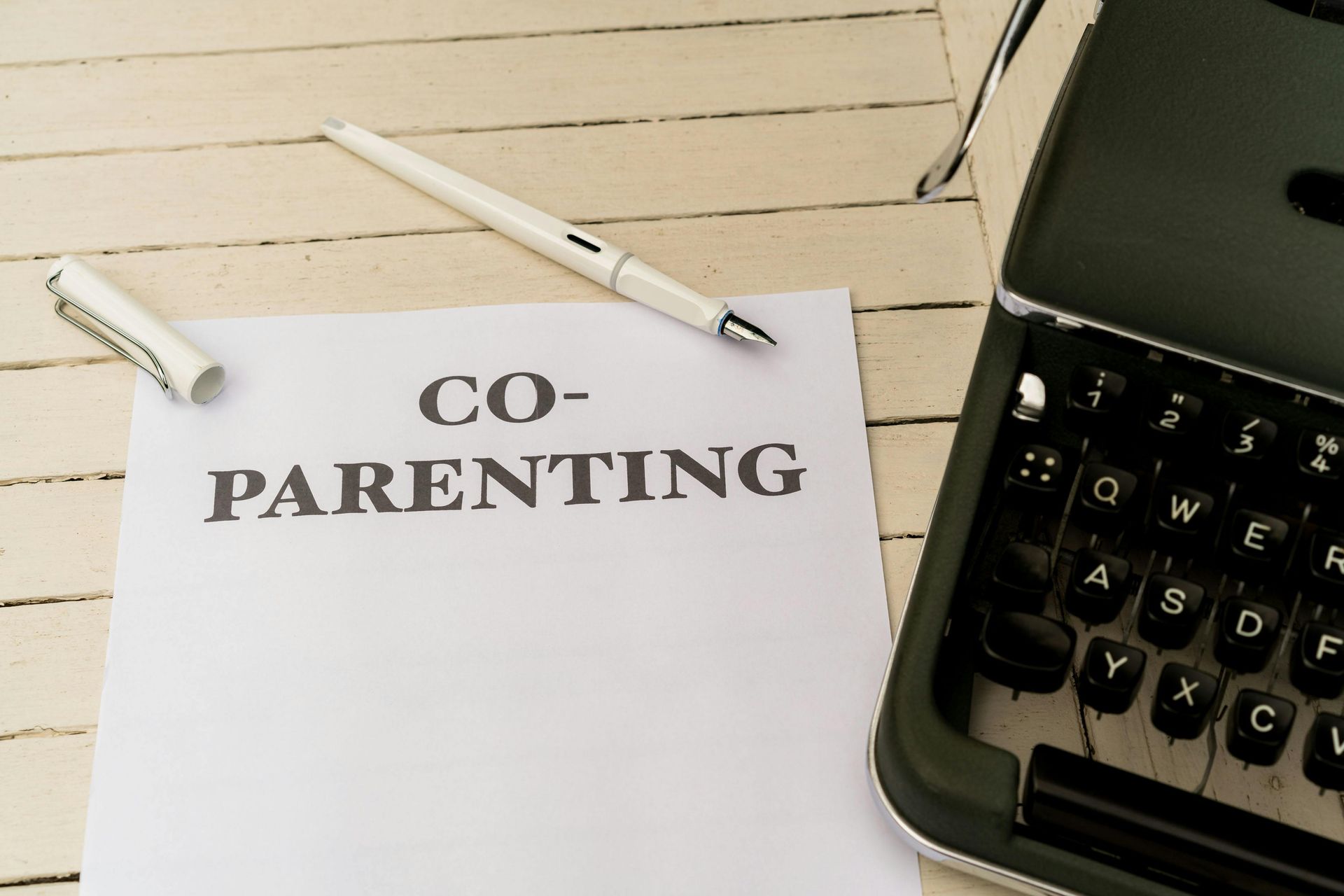What is Adjustment of Status?
What is Adjustment of Status?
Adjustment of Status (AOS) is the process of applying for lawful permanent resident status while present in the United States. It sounds simple, but there are many different situations that can arise during the process. Questions, fear, and anxiety may also come to light. You can probably google all the answers, but hiring an attorney who knows the laws, who takes care of the paperwork, who investigates the case, and who helps you understand the process, will make it all less stressful.
Are you eligible to apply for Adjustment of Status?
In general, a person is eligible for adjustment of status if, he or she
- Entered the United States lawfully
- Has a U.S. Citizen spouse or child over the age of 21 who can submit the petition on his/her behalf
- No criminal history (or very minimal!)
How do you apply for Adjustment of Status?
If you are in the United States and believe you are eligible for adjustment of status, call Wheeler Law, PLLC to schedule your consultation.
What happens during the interview process?
All adjustment of status applicants must be interviewed by an officer unless the interview is waived by USCIS. The decision to waive the interview will be made on a case-by-case basis. The interview enables USCIS to verify important information about the applicant to determine eligibility for adjustment.
If your green card application is employment-based, you can expect to be questioned about your job, your qualifications, and your employer. Family-based green card applicants will typically be questioned about your relationship with the petitioner. For example, if the petitioner is your spouse, you will be asked questions about your marriage in order for the interviewer to make the determination that the marriage is bona fide - meaning entered into for the purpose of love and not immigration purposes.
What kind of evidence should I submit to prove my marriage is “bona fide”?
Every case is unique because everyone’s life and relationships are unique! Here is a list of documents that would be helpful for your case:
- Birth certificates for children in common
- Family photos
- Bank account statements for accounts held in both names
- Car insurance showing coverage for both you and your spouse
- Health insurance showing coverage for both you and your spouse
- Property titles and deeds listing both you and your spouse
- Declarations from family and friends attesting to your relationship
- Joint federal income tax returns
Hire a lawyer to defend your legal rights
It is highly recommended to seek help from an attorney during the AOS process. It will ease the stress of the back and forth and the paperwork. If you, or a family member, are already in the U.S. and want to apply for an adjustment of status, contact Wheeler Law to take the next steps for your future (602) 586-5625.
For more FAQs, download this handout.







